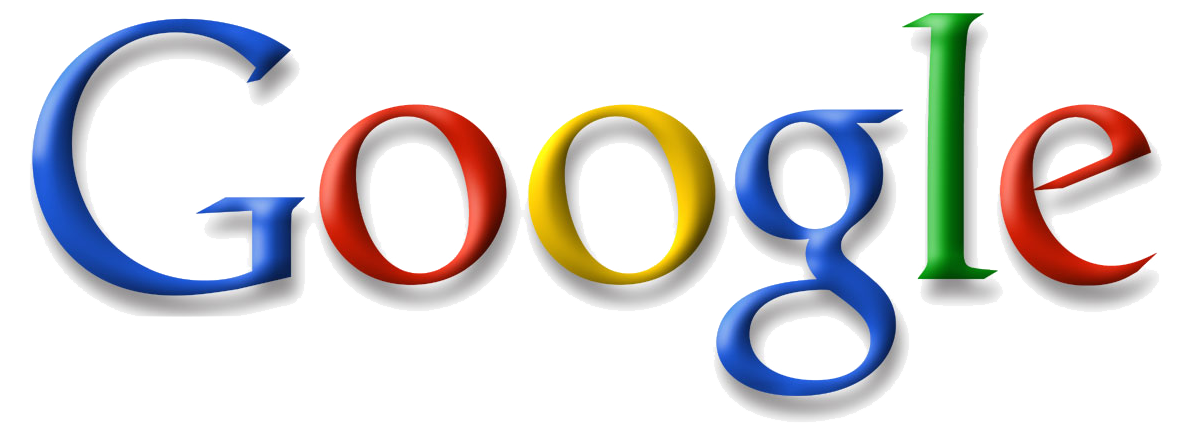Google Makes its Search Engine Even Better
Google today rolled out a couple of changes designed to help improve the Google search results.
Starting today, Google is deploying a new technology that can better understand associations and concepts related to your search, and in turn offer more useful related search results (the terms found at the bottom, and sometimes at the top, of the search results page). Google gave an example of the new technology via a blog post:
For example, if you search for "principles of physics", our algorithms understand that "angular momentum," "special relativity," "big bang" and "quantum mechanic" are related terms that could help you find what you need.
The new feature also applies in 37 languages all around the world.
The other cool feature Google has added is longer snippets for longer queries. We all know how annoying it is when you search for something, click a result only to find that the words in your search just happen to be on a page full of ads from the Yellow Pages, or a page that contains no information on what you were looking for. Google search results will now display longer snippets for searches that are more than three words long making it easier to see where exactly your click is going to take you and if there’s any point clicking at all. Google once again explains:
Suppose you were looking for information about Earth's rotation around the sun, and specifically wanted to know about its tilt and distance from the sun. So you type all of that into Google: [earth's rotation axis tilt and distance from sun]. A normal-length snippet wouldn't be able to show you the context for all of those words, but with longer snippets you can be sure that the first result covers all those topics. In addition, the extra line of snippets for the third result shows the word "sun" in context, suggesting that the page doesn't talk about Earth's distance from the sun
It’s pretty rare we hear about the search giant making changes or enhancements to its search engine these days. Usually it’s Gmail Labs this and YouTube that so this makes for a nice break.
Get Tom's Hardware's best news and in-depth reviews, straight to your inbox.

Jane McEntegart is a writer, editor, and marketing communications professional with 17 years of experience in the technology industry. She has written about a wide range of technology topics, including smartphones, tablets, and game consoles. Her articles have been published in Tom's Guide, Tom's Hardware, MobileSyrup, and Edge Up.
-
Kary I wish they would allow voting on the web sites they display (though of course this means they have to invoke security to keep web sites from just voting themselves up)Reply
When I do a search for a tv manual and get 5 hits (non Google partners, even) at the top that want me to pay for a manual that I could get for the manufacturer for free...GRRRrrrr -
bustapr does that mean that it will be easier to find anime and adult downloads links that actually work. I'm off to check it out.Reply -
Soul_keeper I wish they'd implement sort features for the results that are returned from a search.Reply
Sometimes I want to see more recent data for example.
Although changes kinda spook me, don't really wanna see a good thing screwed up. -
greenskye Personally I'd like to see more time relevant results (or an easier way to search by date, instead of: adv. search/more options/date) When I'm searching for a computer problem how relevant is a forum post that was posted 4 years ago? I'd like to just quickly see if anythings happened in the last week/two weeks/month etc.Reply -
yegg13 We've been doing similar things at Duck Duck Go (http://duckduckgo.com/) to these new Google changes. In particular, we put zero-click info, e.g. topic summaries, on top of links. We also also put an explore box with related topics above links. For example check out http://duckduckgo.com/?q=futuramaReply
Our snippets and related topics are not algorithmically driven, however. Instead they are based on human edited sources, e.g. Wikipedia and Crunchbase (and many others). Consequently, they are more relevant and make more sense than Google's info. We also have more semantic properties, such as ambiguous keyword detection, e.g. http://duckduckgo.com/?q=apple, which of course Google does not.
See http://duckduckgo.com/about.html for some more examples. Of course, we'd love your feedback on what we're doing.
Gabriel Weinberg, Founder & CEO
-
does that mean if you know what to type like:Reply
Principle of physics, by so and so author, that your search results will be flooded with books like:
"angular momentum", by Dr. X
and "Big Bang", by Dr Y
?
